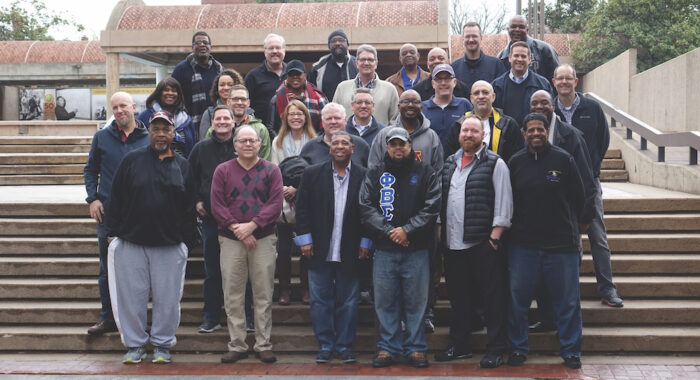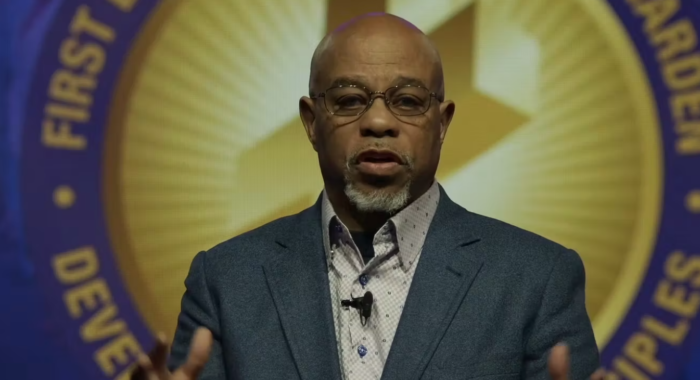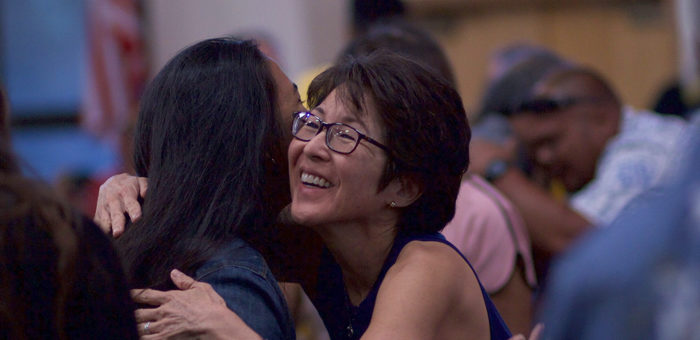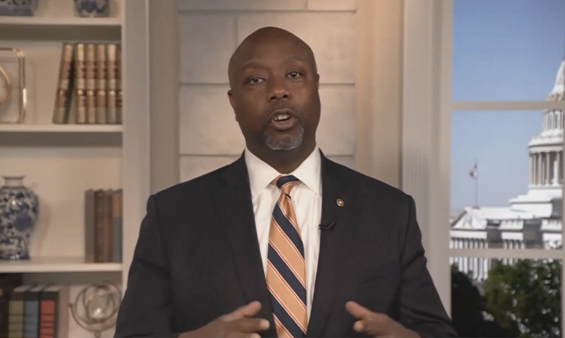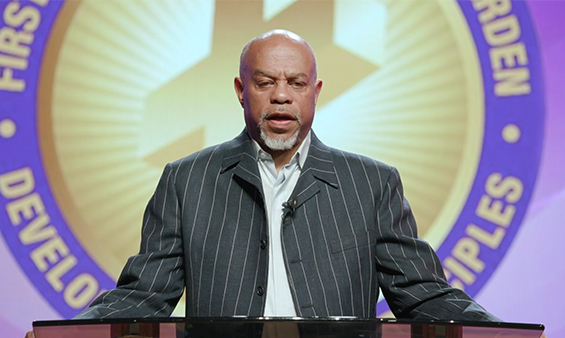
The National Association of Evangelicals (NAE) today launched the Racial Justice Assessment tool to help evangelical Christians engage more deeply in racial justice and reconciliation. The assessment tool also offers a list of recommended resources for individuals based on areas of interest and growth, as well as information about learning experiences for groups and individuals.
“Justice and reconciliation are central to the message of Jesus, but they have not always been central to the work of the Church,” said NAE President Walter Kim. “This Racial Justice Assessment tool is a simple way for all disciples of Jesus to get a pulse on how they are doing and, even more important, to identify resources for continued discipleship and transformation.”
The Racial Justice Assessment is the first tool released by the Racial Justice and Reconciliation Collaborative (RJRC), which the NAE established in 2022 with generous support from Lilly Endowment Inc. to provide resources and training for the NAE network. The collaborative is a partnership of organizations and leaders engaged in racial justice and reconciliation and includes those who represent diverse constituencies.
“The Racial Justice and Reconciliation Collaborative recognizes that some evangelicals have limited experience with these issues. And, some who want to learn more are faced with a flood of resources, leaving them overwhelmed and uncertain on how and where to engage,” said RJRC Director Mekdes Haddis. “This Racial Justice Assessment tool acknowledges that we are all on a journey and that we need one another to become a more inclusive, unified and compassionate church community.”
The RJRC plans to release other resources and opportunities that will engage the evangelical community and find fresh ways to talk about the racial challenges that exist in the United States.
“As American evangelicals, we have a varied history of engagement in racial justice and reconciliation. There have been times of clarity, deep conviction and united efforts, but we have also failed during critical times in our history,” Kim said. “We want to grow, and we recognize that real reconciliation requires repentance and forgiveness, sustained efforts and Spirit-filled collaboration. We pray this work would honor Jesus Christ, who gave his life to reconcile us to himself and to one another.”



 View All Updates
View All Updates 
